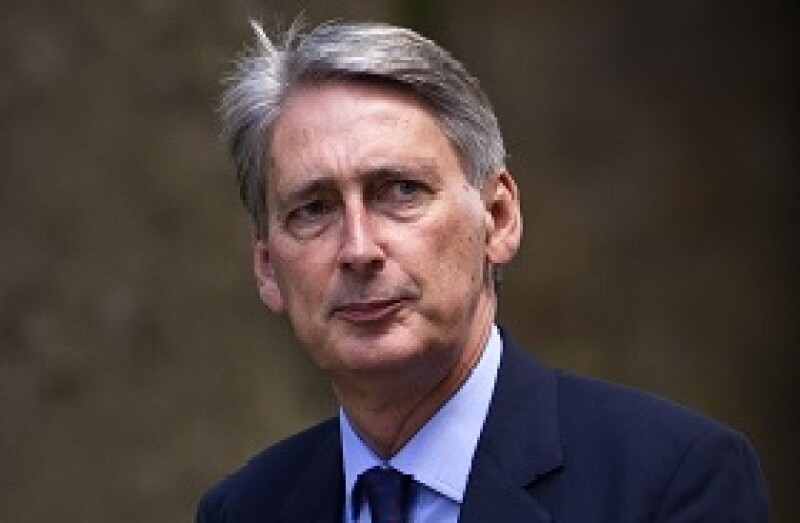Launching the report at an event in London, Mark Evans – the CEO of Telefonica UK – claimed the benefits of 5G would offer “unprecedented benefits” for businesses and consumers, but called on the government to improve collaboration with the industry.
Evans said: “Of all the ingredients that keep our economy and society moving, arguably top of the list is mobile. Our report demonstrates how 5G technology, when it arrives, will provide unprecedented benefits for consumers, councils and cities alike. The enhanced connectivity on offer will make a real difference to people’s lives and pockets.
“However none of these benefits are assured. We need a high level of collaboration to press ahead with the rollout and to hardwire 5G into the fabric of our cities.”
O2’s report predicts significant benefits from 5G, including up to £450 savings a year for the average household, made through savings to energy bills, council tax bills, and reduction in food waste.
Local councils will also share in the annual savings, with the potential to find efficiencies up to £2.8 billion collectively, the report claims. These could include an £890 million reduction in social care costs for those living alone like the elderly, facilitated by 5G telehealth and monitoring. The introduction of smart refuse collection could save up to £1.8 billion a year, it adds.
O2’s “The value of 5G for cities and communities” report also claims transport infrastructure in cities can benefit from 5G by reducing commuting time. For example, placing 5G sensors on railway lines could help reclaim an estimated £440 million in lost productivity for the UK economy whilst also saving travel times for commuters that could be worth up to 2.6 hours a year.
Derek McManus, O2’s Chief Operating Officer said: “There are more mobile connections in Britain than there are people and the demand for mobile frequency and easier access is only increasing. It’s clear from our report that 5G technology will play a vital role in ensuring that all citizens get the mobile service they deserve.
“But while 5G promises a range of unprecedented benefits, we should be clear that these won’t be achieved without collective investment and collaboration. That means complete alignment from operators, public service providers, local authorities, landlords and technology companies to explore new opportunities for better connectivity and denser coverage.”
Key investments
O2’s report was released during a week where there was a number of key developments in the UK telecoms space, most notably around future networks and deployments. Firstly, Ofcom unveiled the date for the next 5G spectrum auction – beginning next week.
It also unveiled six projects which will receive a share of a £25 million pot of public money made available for testing 5G applications. The UK government announced the funding last year as part of its Digital Strategy.
Projects identified for funding include a rural coverage and dynamic spectrum testbed, which is being led by Cisco and was granted £4.3 million; a smart tourism project in Bath and Bristol which was given £5 million; and a connected and autonomous vehicles project, led by Airspan , which was given £4.1 million.
Margot James, Minister for Digital and the Creative Industries said: "We want the UK to be a world leader in 5G, and this report highlights the huge potential we have to get ahead and reap the benefits of this exciting new technology.
"We're already investing £25 million in new testbeds across the UK that will pave the way for our 5G future and our work with industry will be vital to help us achieve our ambitions."

The UK government also announced a new voucher schemed aimed at increasing fibre penetration. £67 million has been made available to be converted into vouchers that are designed to help with the costs of connecting to ‘full fibre’ broadband.
The Nationwide Gigabit Broadband Voucher Scheme (GBVS) will provide vouchers worth up to £3000 for a small or medium sized business or £500 to residents to help with the costs of connecting to full fibre broadband. It makes up part of a wider scheme which has seen more than £200 million invested into full fibre networks. The government has said it aims to make full fibre available to at least 10 million homes and businesses by 2022.
Chancellor of the Exchequer, Philip Hammond said: “We’re backing Britain’s small businesses by investing £67 million to bring full-fibre broadband to more businesses up and down the country.
“This means faster, more reliable broadband access as we build the digital infrastructure we need to make our economy fit for the future.”




